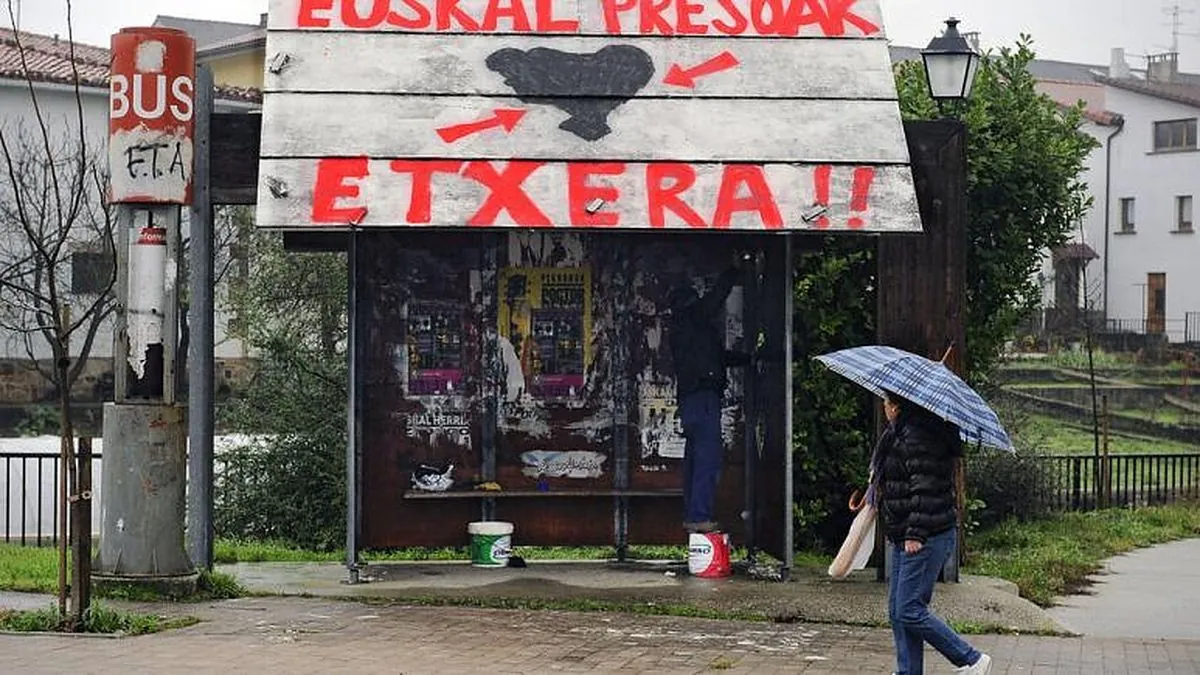Hungary Proposes Busing Asylum Seekers to Brussels Amid EU Dispute
Hungary plans to offer free one-way travel to Brussels for asylum seekers, challenging EU fines over its asylum policies. The move comes as tensions escalate between Hungary and the European Union.

Hungary's government has unveiled a controversial plan to provide asylum seekers with free one-way transportation to Brussels, the de facto capital of the European Union. This move comes in response to recent EU sanctions against Hungary for its restrictive asylum policies.
On September 6, 2024, Bence Rétvári, State Secretary of Hungary, announced the proposal during a press conference in Budapest. Rétvári stated that the EU was attempting to compel Hungary to permit unauthorized entry of migrants across its borders. In response, he declared that Hungary would offer these individuals voluntary, complimentary travel to Brussels.

The announcement was made against a backdrop of passenger buses displaying illuminated signs reading "Röszke-Brussels," indicating a route from Hungary's southern border with Serbia to the EU headquarters in Belgium. Rétvári mentioned that the transport would occur "after the implementation of the European procedure," though he did not provide specifics regarding the status of the asylum seekers upon arrival.
This provocative measure echoes similar actions taken by certain right-wing governors in the United States. It comes in the wake of a June 2024 ruling by the European Court of Justice, which ordered Hungary to pay a fine of 200 million euros ($216 million) for consistently violating the bloc's asylum regulations. Additionally, the court imposed a daily fine of 1 million euros until Hungary aligns its policies with EU law.
The EU has taken issue with Hungary's requirement for individuals seeking international protection to apply for travel permits at Hungarian embassies in Serbia or Ukraine. This practice contravenes EU rules mandating common asylum procedures across all member countries.
Viktor Orbán's government, which has been in power since 2010, has announced its intention to initiate legal proceedings against the EU regarding these fines. Furthermore, Hungary is demanding compensation for the billions it claims to have spent on border protection, including the construction of razor wire-protected fences along its southern borders with Serbia and Croatia.
Hungary, which joined the EU in 2004 and became part of the Schengen Area in 2007, has faced increasing scrutiny from the bloc in recent years. The EU has frozen billions in funds earmarked for Hungary due to concerns over breaches of rule-of-law and democracy standards. Some EU lawmakers have even called for Hungary to be stripped of its voting rights in the bloc's executive Commission.
The ongoing dispute highlights the complex relationship between Hungary and the EU, rooted in divergent views on immigration, foreign policy, and support for Ukraine. Orbán, known for his nationalist stance, has positioned his government as a defender of Europe's Christian culture. However, his comments suggesting Hungary's desire to avoid becoming a "mixed race" nation have drawn criticism.
As of September 6, 2024, Hungary has missed the initial deadline for paying the 200-million euro fine ordered by the European Court of Justice. This non-compliance may potentially lead to further conflicts with the EU.
The situation underscores the ongoing challenges faced by the European Union in maintaining cohesion among its member states, particularly on issues of migration and asylum policies. As Hungary continues to assert its sovereignty in these matters, the EU faces the task of balancing national interests with the bloc's collective principles and regulations.
"If Brussels wants illegal migrants, Brussels can have them."
This developing situation will likely have significant implications for EU-Hungary relations and may influence broader discussions on asylum policies within the European Union.


































